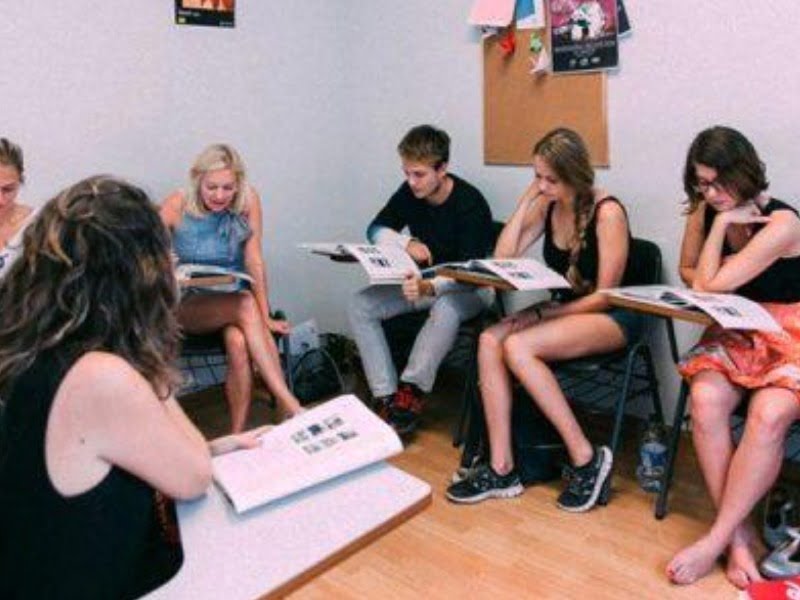The COVID-19 pandemic has forced language schools into a tight corner, with some deciding to close because the running costs involved for such a low student occupancy rate proved to be too much of a hurdle.
Linguatime, a medium-sized language school owned by industry veteran Albert Muscat, was one of the casualties.
“We are still licensed, but very unlikely to reopen in the foreseeable future,” he said in comments to The Shift.
Language schools were among the worst hit sector of the COVID-19 pandemic that has devastated Malta’s tourism industry.
For a great majority of the schools, opening up in a year which already looked very bleak was a mistake. Those that decided to accept students did so at great risk, industry insiders told The Shift, as enrolments are at a much lower percentage than normal.
Muscat saw trouble looming as early as March. “We knew already back then that this was a situation which would go on for a very long time. We decided to stop.”
He was worried about possible emerging issues caused by a coronavirus outbreak in a school environment.
“At one point we did panic a bit. There’s a lot of responsibility one should take note of, including huge liability issues. It all got a bit too much.”
He explained that language schools, just like hotels, depend on occupancy to survive. “In our case, we needed between six to seven people in each classroom just to break even. The pandemic would have made this very difficult.”
“I decided to close down and thought it would make sense to have my staff leave with a termination package. They’re free to look for another job. I couldn’t just keep the school closed and leave them hanging hoping things would get better.”
He said the staff was very understanding, and were ultimately happy with his decision.
“I don’t blame other schools for deciding to keep on operating,” he said. “If you have a relatively small school, in some cases where the owner is also a teacher or helps in the daily running of the school, they can actually manage to at least cover operational costs.”
In a normal year, Linguatime sees approximately 1,200 students.
Muscat told The Shift that he took his decision after carrying out a risk assessment, based in part on what he was observing in other countries. “Cancellations started immediately. The market tends to teach you, and you have to take notice.”
“If a vaccine is out, we might consider opening in 2021, but by then we would have lost our agents.”
Muscat’s concerns echo what former chairman of the language schools federation (FELTOM) Julian Cassar Torregiani, told The Shift. Remaining closed while other schools open risks damaging crucial relationships with recruiting agents.
Language school owners have told The Shift that those schools still operating are running at 15% to 20% of the usual numbers.
“We’ve had a spike in cancellations,” one major industry player told The Shift. “September and October are looking very weak. The forward booking trend has been almost completely flat, 5% to 10% of the usual numbers. The next six months are going to be very challenging.”
Another language school owner expressed similar concerns. “We are operating at around 12 to 15 % of normal levels, but September onwards is looking tough now that we lost the edge on being perceived as a safe destination. This will hit a large number of organisations hard.”
Minister for Tourism Julia Farrugia Portelli has been criticised for attempting to increase tourist arrivals by forcefully urging schools to open amidst a pandemic, despite professional advice from health authorities to proceed with caution.
Paceville, home to a number of language schools, is one of the hotspots from which clusters of COVID-19 cases emerged in recent weeks.
Most of the schools that decided to close are keeping their licence and waiting to see how the situation develops, but all agree restarting will be a challenge.












